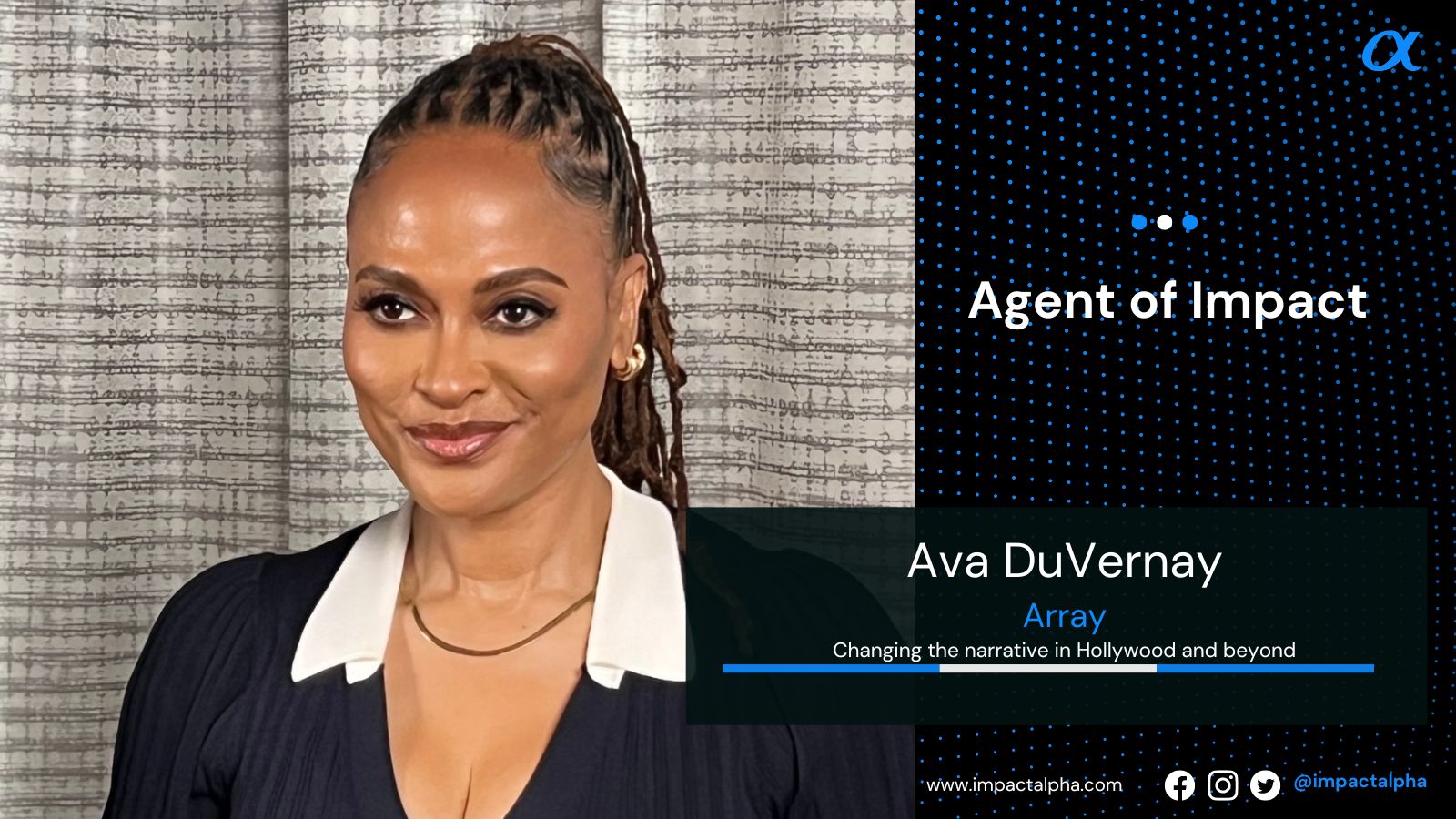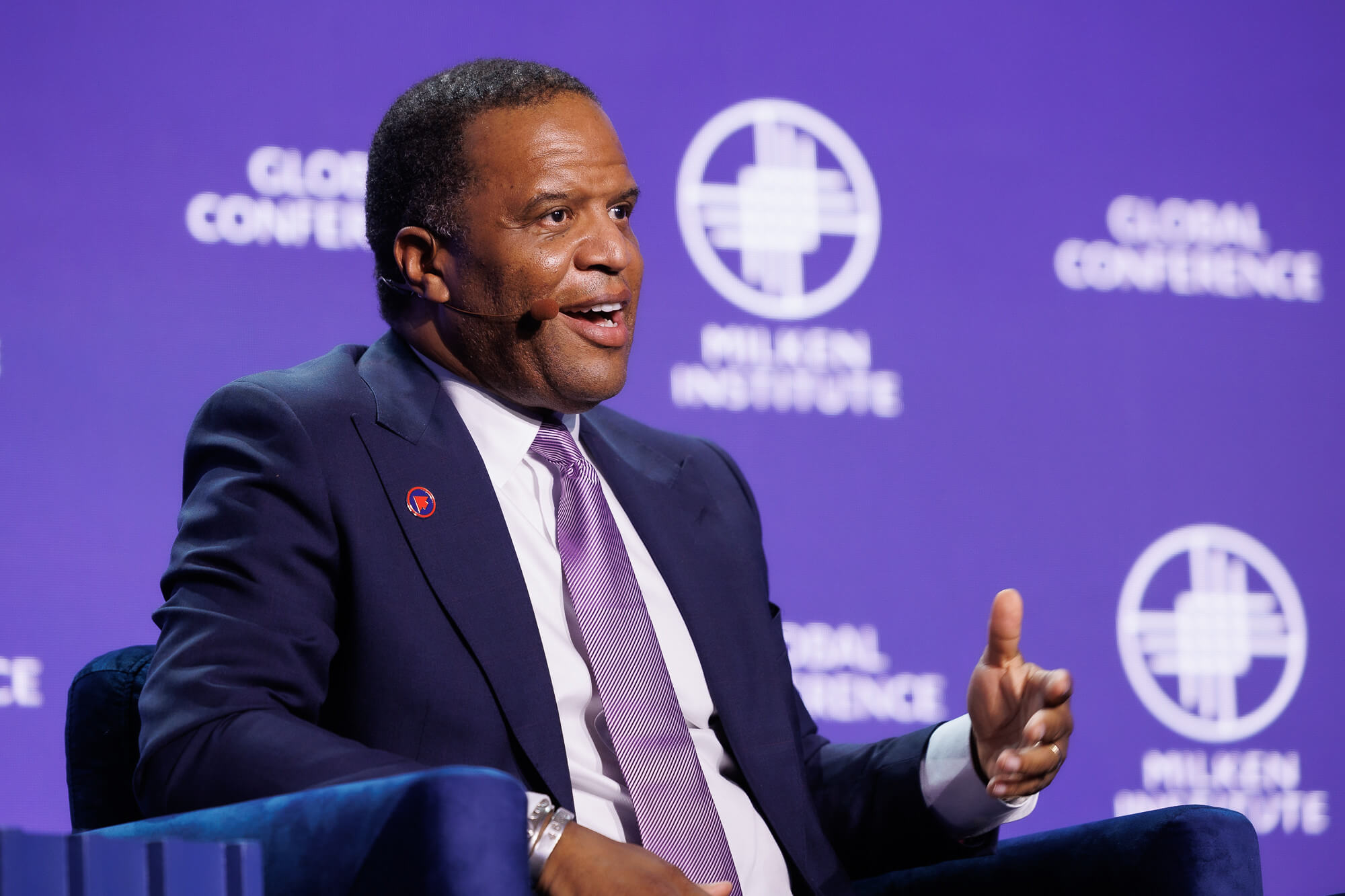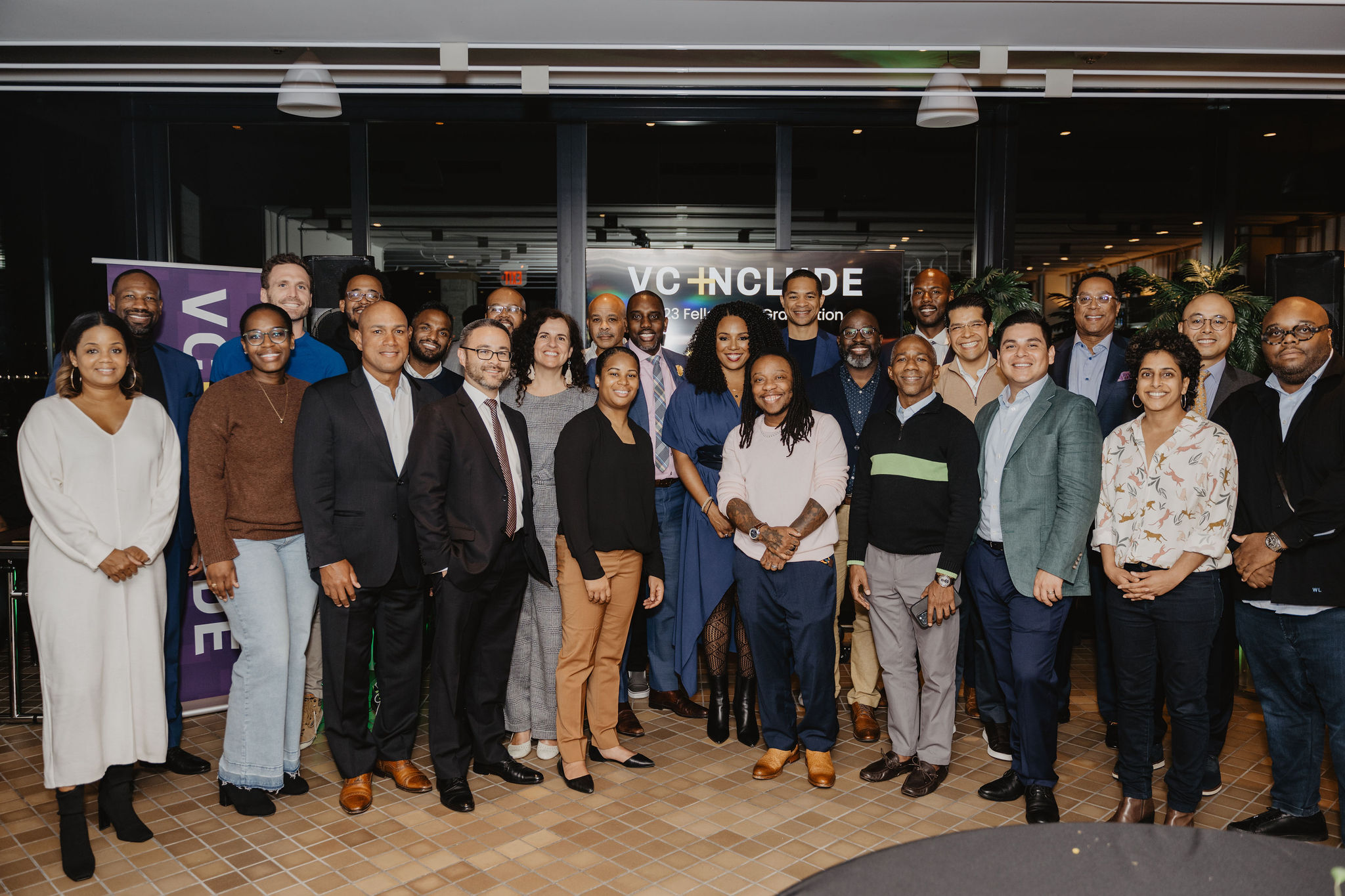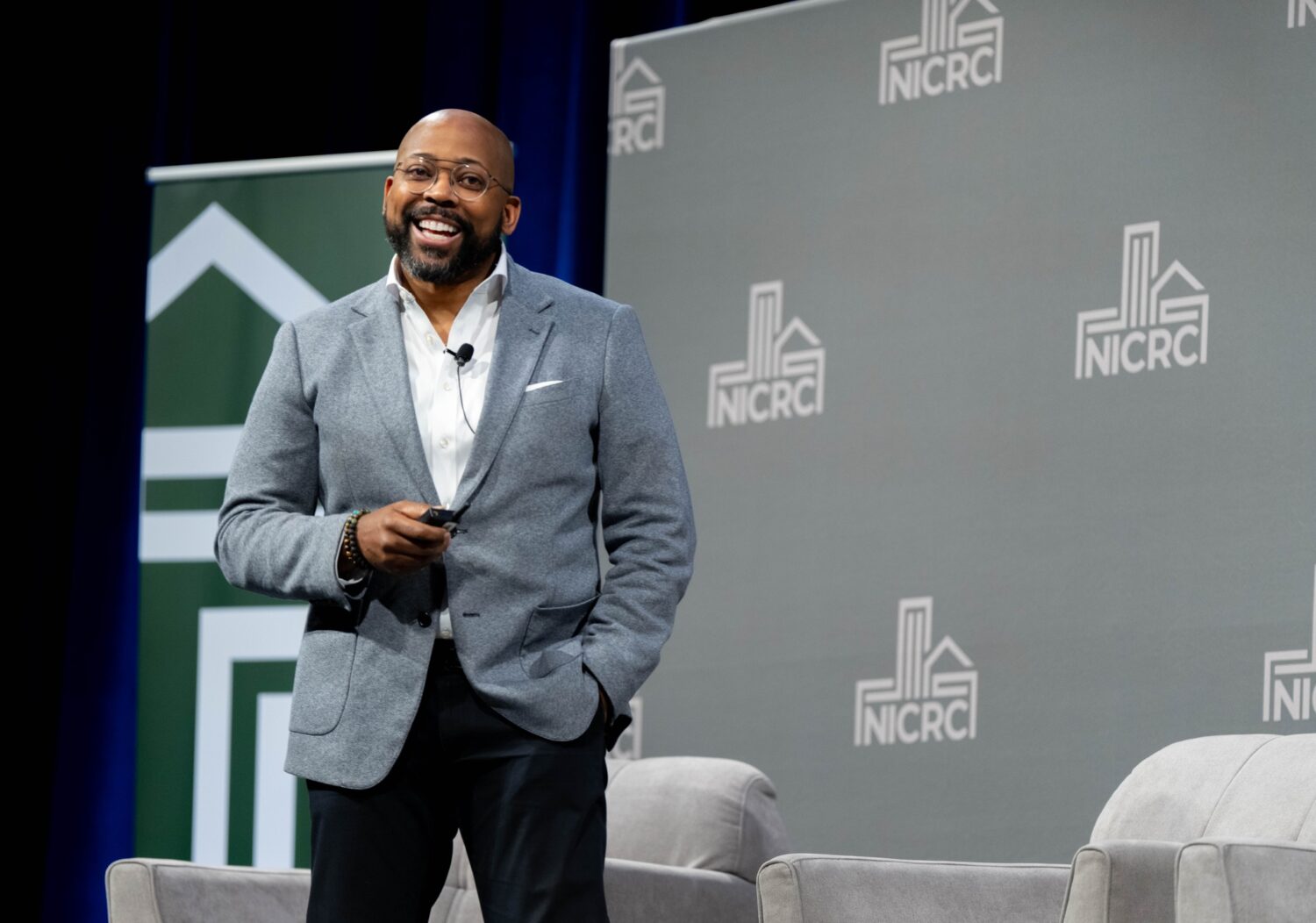“We’re a narrative-change studio in a town that is in a time of flux,” director Ava DuVernay told Ford Foundation’s Roy Swan at the closing session of this week’s Mission Investors Exchange conference in Los Angeles.
DuVernay’s latest film, “Origin,” is a powerful reflection on the persistence of hierarchy across history and cultures, told through the story of how Isabel Wilkerson wrote her 2020 book, “Caste.”
The story of how DuVernay made the movie is equally powerful.
“There is no way I can walk into a studio and say, ‘I want to make that film,’” DuVernay said. “I don’t want to wait 10 years to make one movie. I want to make 10 movies in 10 years.”
To help her move quickly, the Ford Foundation committed $10 million and other impact-oriented investors chipped in another $30 million to make the movie outside of the studio system (DuVernay’s nonprofit studio, Array, committed $5 million of its own).
Social-impact storytelling
Last month’s announcement by Jeff Skoll that he is shuttering Participant Media makes even more pressing the need for new models for social-change moviemaking.
How “Origin” came together is the subject of a Harvard Business School case study. DuVernay has been assembling the pieces at Array’s four-building studio in LA’s historic Filipinotown. Array 101 offers educational materials around the studio’s films to schools for free. Array Crew is a database of more than 10,000 diverse film professionals in at least 650 job categories that is used by nearly every studio in town. Moviegoers inspired to help others see “Origin” can cover the cost of their tickets at Seat 16, originally aimed at 16-year-olds and now expanded to others.
“We have people who just feel uncomfortable even having conversations around race, class, caste, any of it,” DuVernay told ImpactAlpha. “If we become more fluent and comfortable and aware, that’s how society moves forward.”
In the wake of Participant’s closure, DuVernay and dozens of other filmmakers, actors and activists this week issued an open letter to Hollywood studios urging them to prioritize social-impact storytelling.
DuVernay’s call to action to the funders and foundations at MIE: “I invite you all, if it’s not us, to really think about the opportunities where you are to lean into narrative change. Because they’re there and it’s powerful. Be brave.”











